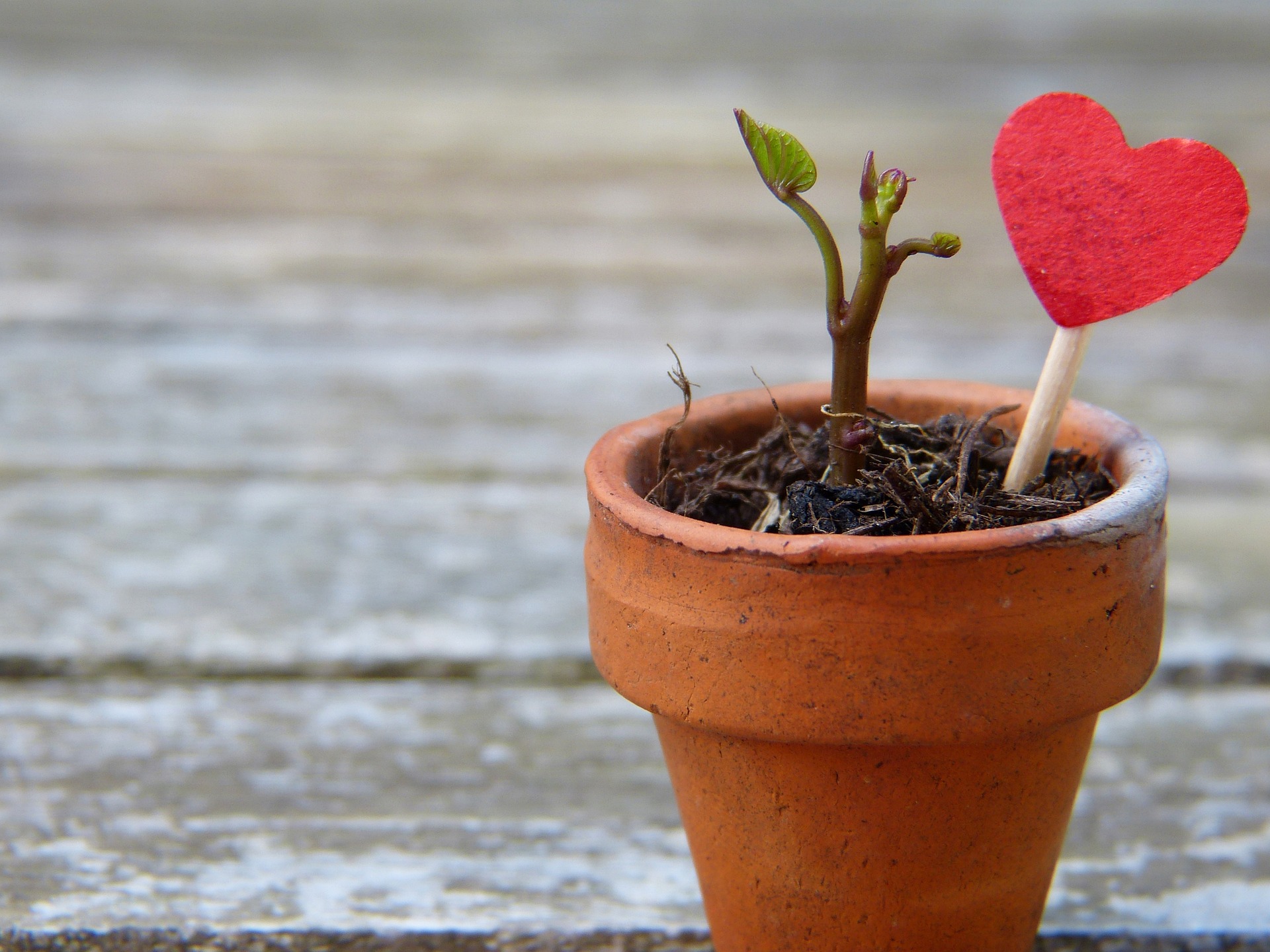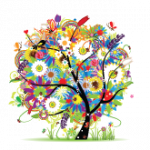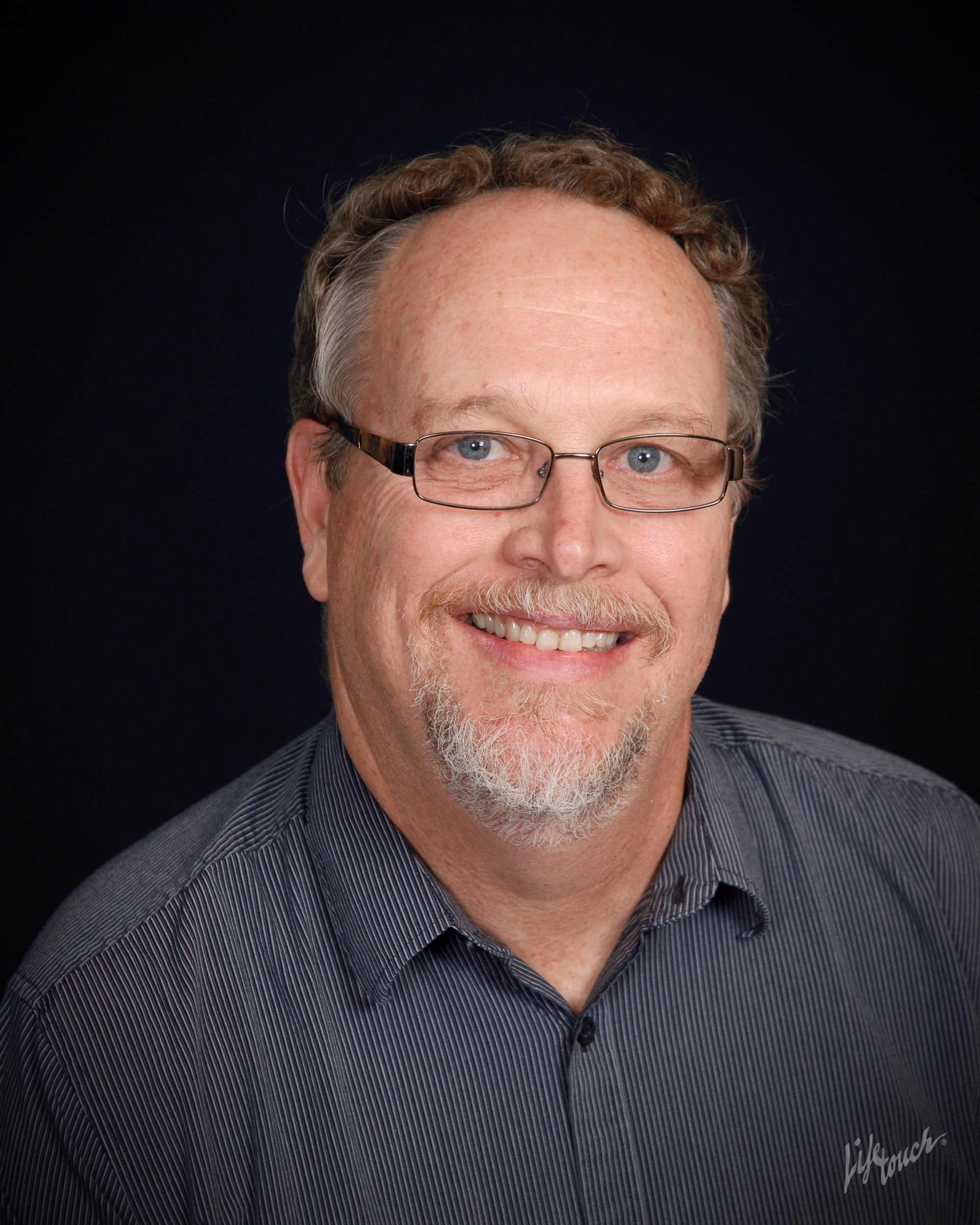Richard J. Rathbun, Ph.D.,LPC,LMFT
We are living through unprecedented times. We are dealing with a global pandemic, economic turmoil, civil unrest, and a political environment so polarized that it seems democracy itself is at stake. For Lee Ann and I, our only child has left home for college and we‘re dealing with the emotional disquiet of what life will be like when we are not taking care of that red-haired boy! What the future looks like seems very uncertain.
But the future is always uncertain. And yet it is the future that drives our present. Humans are temporal beings. We are embedded in time. We cannot escape the past, the present, and the future. While God may exist outside the confinement of time, we don’t.
What happens in psychotherapy involves at least two people wrestling to understand the past, the present, and the future. In counseling, the past is important in that we often need to understand where loss, pain, trauma, and neglect started in our lives. We must understand how echoes from the past inform who we are, and what we need to do to heal and forgive. The present is what we know to be true in this moment of our lives. We are working hard to be awake and fully present, striving to be mindful of the blessings of this life, the goodness of all of creation. Most of all we are learning to love ourselves, forgive ourselves, and practice loving kindness to all. Living in the here and now is more than a cliché’. It is the goal of all the great spiritual traditions, including Jesus’ notion of the Kingdom of God. Our ability to live within the here and now often means letting go of the past, knowing that while we cannot change the past, we can understand and integrate it into who we are in the present.
Finally, I would like to suggest that psychotherapy is a process that helps people imagine and construct a future that challenges the past and informs the present. Humans are forward looking creatures. We are teleologically oriented, meaning that we cannot experience the present without anticipating the future. Because we cannot escape the concept of time, there is always hope that the future will be different. Hope is actually what drives humans. Whatever is happening now, it can be different for us in the future. The way hope is activated is through the vehicle of imagination. It is in this sense that imagination is the key in helping people change.
There are two intellectual movements that have influenced how I understand imagination as the vehicle of change in psychotherapy: the Theology of Hope and Narrative Psychotherapy. The theology of hope, represented by Jürgen Moltmann, locates the teleological nature of life with the human capacity of hope within the death and resurrection of Jesus. Among other ideas, Moltmann locates suffering as the human experience that most requires hope and the vehicle by which we both understand and transcend suffering. The reality of suffering can never be denied because the reality of the cross; the hope that emerges beyond the cross is represented by resurrection. It is also the hope of the resurrection that informs all that we do to make the world a better place. For Moltmann, the theology of hope is the theology of liberation. We protest because we believe the future can be different. We stand up against systems of oppression, because we know that what happens in the future has not been predetermined, and it is up to us, in partnership with the Divine, to bring about change and transformation.
The second movement that informs the essay is Narrative counseling theory. Narrative theory is a postmodern theory of counseling that is grounded in a socially constructive view of reality with a teleological understanding of human experience. Simply put narrative counseling helps people understand that the stories we have about ourselves are often false or distorted and we can change by constructing new stories about who we are and who we want to be in the future. How we see life is the result of subjective interpretations of our past and current circumstances. We have stories that shape our reality, often supported by those in our community. Changing our stories can change our feelings about our identity, our purpose, and our future. Our life story is simply a socially constructed narrative. It is just a story we tell ourselves. The process of imagining a new story for ourselves is how we really change. My friend and mentor, the late Dr. Andy Lester, wrote an influential book called the Hope in Pastoral Care and Counseling. In this book, Lester describes how change is about constructing “future stories” that become the guiding narrative of who we are and who we want to be. Constructing a future story involves gaining wisdom from our past, living fully in the present, and imagining a life that is possible in the future.
As people who are influenced by the Christian Story, we can construct our future story out of this sacred story. Our sacred story teaches us that we are created in the image of God. God, no matter what we do, say, or believe, loves us. God’s love is unconditional. And because our sacred story includes the suffering of God, our own story of suffering is informed by the sacred story of God’s death, and God’s resurrection. The sacred story and our unique, subjective story is always infused with hope, because God is beckoning us into the future, knowing that God is waiting for us.
So close your eyes. Breathe deeply the air within your body, and then slowly letting the air leave your body. Imagine you are breathing in the very breath of life. Now imagine yourself sitting by a great ocean, peering into the far horizon of endless blue water. Imagine as you look across that great ocean that you are looking into your future. What do you see? What would you like to see? As you imagine what your future looks like, be aware that some of what you imagine is already here. It is here, but not yet fully here. We, in partnership with God, are called to imagine the future, the already, not yet of the Kingdom of God, which can guide us all and give us hope and a new way of seeing what is possible. Amen.

 Tip: Check out the wellness tracker. It’s a simple but powerful tool designed to help you remember the promises you make to yourself. As you complete wellness activities your tree will blossom, and so will you!
Tip: Check out the wellness tracker. It’s a simple but powerful tool designed to help you remember the promises you make to yourself. As you complete wellness activities your tree will blossom, and so will you!